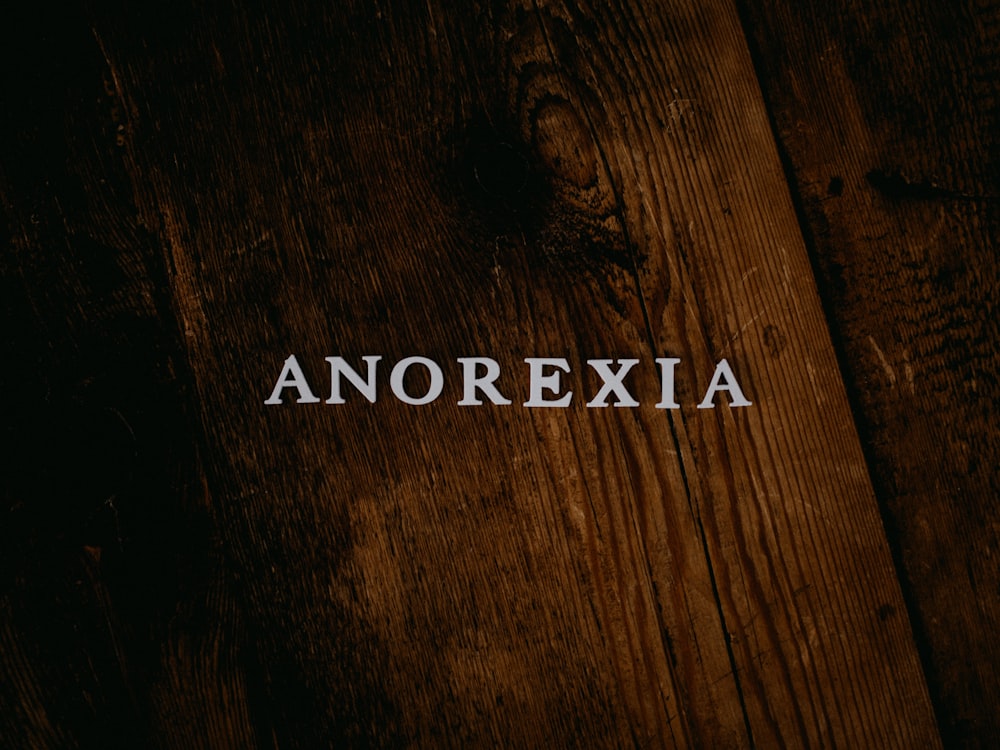Anorexia nervosa is a serious and intricate eating disorder that can endanger one’s life. It involves exhibiting an extreme fear of putting on weight, developing a distorted perception of one’s body, and severely limiting food intake.
While the physical symptoms of anorexia are often visible, the psychological aspects of the disorder are equally significant and require comprehensive treatment approaches.
Our eating disorder specialists look into the complexities and share insights about various anorexia treatment approaches.
Table of Contents
Understanding Anorexia Nervosa
Anorexia nervosa is not simply about food or weight; it is a health condition rooted in deep-seated psychological factors. Individuals with anorexia often perceive themselves as overweight, even when they are dangerously underweight.
They may engage in extreme behaviors like severe excessive exercise, calorie restriction, and other methods of weight control to maintain a low body weight. Left untreated, anorexia can result in severe medical complications and even death.
Comprehensive Anorexia Treatment Approaches
Effective treatment for anorexia nervosa requires a multidisciplinary approach that addresses both the physical and psychological aspects of the disorder. Here are some key components of comprehensive treatment approaches:
Medical Stabilization
The first step in treating anorexia is often medical stabilization. This may involve hospitalization to address severe malnutrition, dehydration, and other medical complications resulting from prolonged food restriction.
Nutritional Rehabilitation
Working with a registered dietitian, individuals with anorexia learn to normalize their eating patterns and develop a healthy relationship with food. This may involve structured meal plans, nutritional education, and gradual weight restoration.
Therapy
Psychotherapy, particularly cognitive-behavioral therapy (CBT), is a cornerstone of anorexia treatment. CBT helps individuals identify and challenge distorted thoughts and beliefs about food, weight, and body image. Other therapeutic approaches, such as dialectical behavior therapy (DBT) and family-based therapy (FBT), may also be beneficial.
Medication
In some cases, medication may be prescribed to manage co-occurring mental health conditions such as depression, anxiety, or obsessive-compulsive disorder (OCD). However, medication alone is not sufficient to treat anorexia and should be used in conjunction with therapy and other interventions.
Supportive Care
Building a strong support network is crucial for recovery from anorexia. This may involve individual therapy, group therapy, support groups, and the involvement of family and friends in the treatment process.
Holistic Healing
Effective treatment for anorexia nervosa goes beyond addressing physical symptoms; it also involves addressing the underlying psychological factors driving the disorder. By providing comprehensive care that addresses the physical, emotional, and social aspects of anorexia, individuals can achieve lasting recovery and reclaim their health and well-being.
Looking For Outpatient Anorexia Treatment in California?
Turn to New Directions Eating Disorders Center, where a team of experts, including a board-certified nutritionist, licensed clinical social worker, and licensed marriage and family therapist, is dedicated to your recovery journey.
Our comprehensive approach includes family therapy, cognitive therapy, and support groups. Connect with our experienced eating disorder therapists and join our supportive community today.
